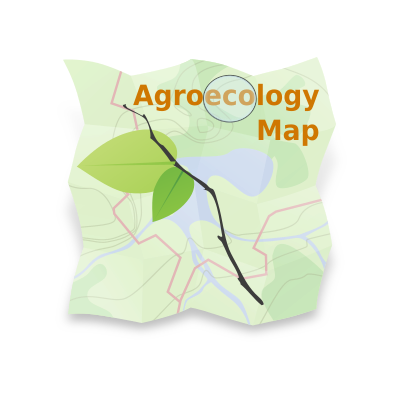Hello!
I would like to propose a new tag to describe places related to agroecology. It could be farms that apply ecological principles to agricultural production systems, shops that sell agroecological products, non-governmental organizations or public agencies dedicated to research or promotion.
Details are in the proposal page: Proposal:Agroecology - OpenStreetMap Wiki
Thanks!
Andrés Duhour
Rationale
The reason for the proposal is the lack of a specific tag for identifying map elements related to agroecology. As expressed in the description of the proposal, there are several elements that could be identified with agroecology from individual farms, research centers, public offices, shops or marketplaces, among others.
Therefore, having a specific tag on OpenStreetMap to identify such sites will help engage the community associated with agroecology-based projects to interact with the map. In the same way, it will make it easier to search for map elements that are related to agroecology. The data contributed using this tag could be used by public agencies and research centers to group different types of institutions related to agroecology. It might also be of interest to farmers to find supplies, sell products or get advice. Individual consumers or their associations could find products and farmers involved in alternative agriculture.
The proposed tag attempts to be as general as possible, choosing the key “agroecology” to represent a variety of map elements that are identified with its principles. The places could make agricultural management decisions, sell products, be registered in public databases, or develop research topics related to agroecology. Compared to “agroecologic”, another possible alternative, the proposed one is preferred because of its generality. The value “yes” is suggested, encouraging its use to positively identify the elements of the map.
